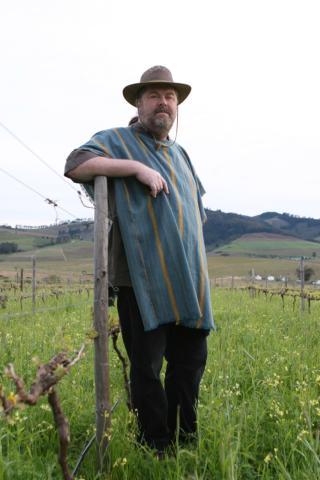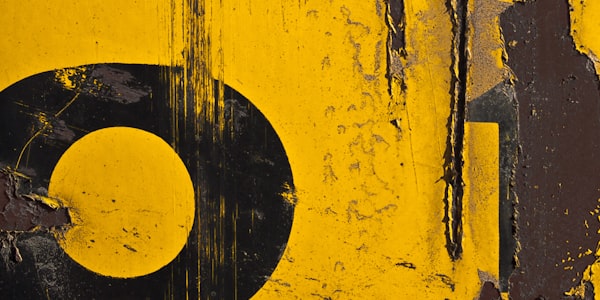Finished the voice-overs for the TV pilot off the beaten wine track our Roald Dahl treatment of SA wine. Still scratching all those insect bites from Johan Reyneke’s vineyards – that’s the problem with a biodynamic philosophy, its the biomass that’s being maximized, stupid.
In the meantime, my intro to the series gives a taste of what we are about.

They call us the New World of wine but the stuff has been made on the continent for five thousand years. While the Europeans were dodging sabre tooth tigers and interior decorating their caves, Egyptian pharaohs were sipping Sauvignon Blanc that had been fermented and matured in clay amphorae. They even got buried in their cellars: white wines stored in the east to greet the rising sun, reds in the west for those long nights looking at the lid. That great African Queen Cleopatra served Caesar Champagne 1500 years before Dom Perignon put on his sandals.
That said, it took wine 4½ Millennia to trickle down to the southernmost tip and like Noah’s Ark, it got stuck on Mount Anorak on the way. SA wine has been hijacked by snobs and the culturally inadequate as a social weapon to hold off the masses. Validation of quality is provided by European and American critics who fly south (business class) to decant knowledge and hand out judgments, passing migrating swallows and storks heading north.
Preposterous and bizarre is the only way to describe the cultural cringe inflicted on the local wine drinking public by inside traders, snobs and anoraks who attempt to set the wine agenda in SA. Annual per capita consumption is ¼ that of the UK – and this in a land where the stuff is made. That SA as a whole will tolerate a beverage consumed and feted by a monocolour minority is a bigger fairy tale than Father Christmas.
It’s a situation that makes me see red. And that’s the reason we’re going off the beaten track looking for unusual wines and the unusual characters who make them. There’s a British billionaire with a penchant for the penny whistle who makes a wine he calls Cape Jazz Shiraz. A fifth generation tobacco farmer on the remote Cederberg plateau who cottoned on early that of the two social evils alcohol and nicotine, the former offered better odds. It’s a rowdy and raucous collection of wine tales of the unexpected. I hope you like them.



